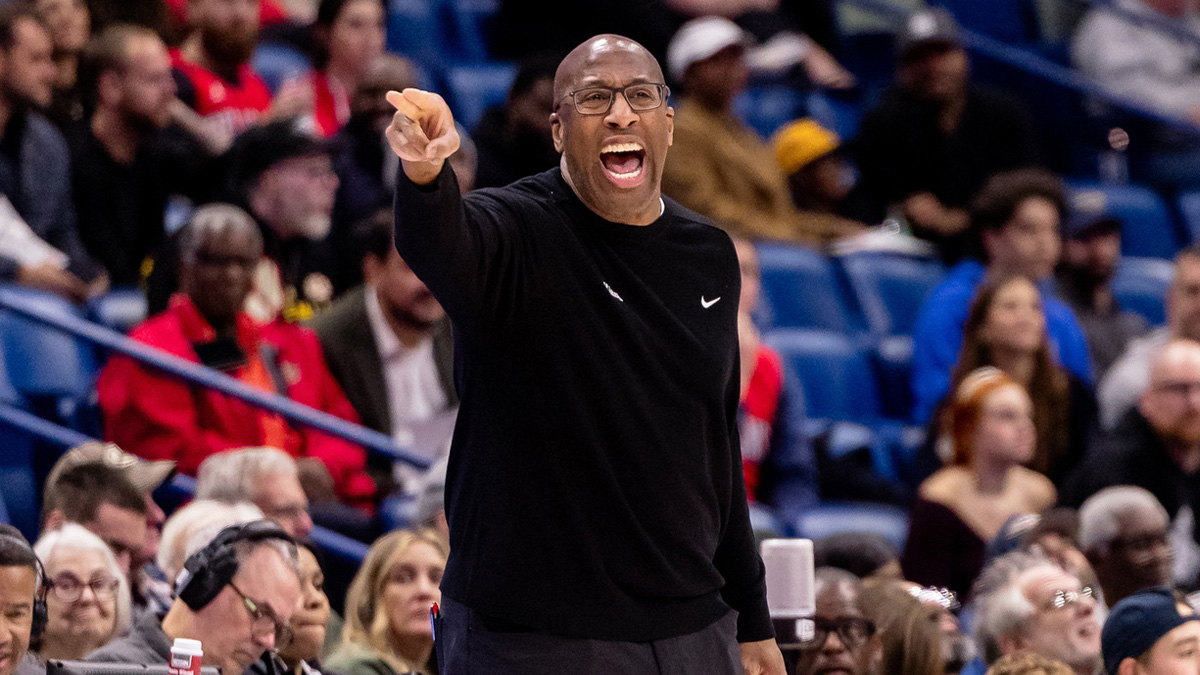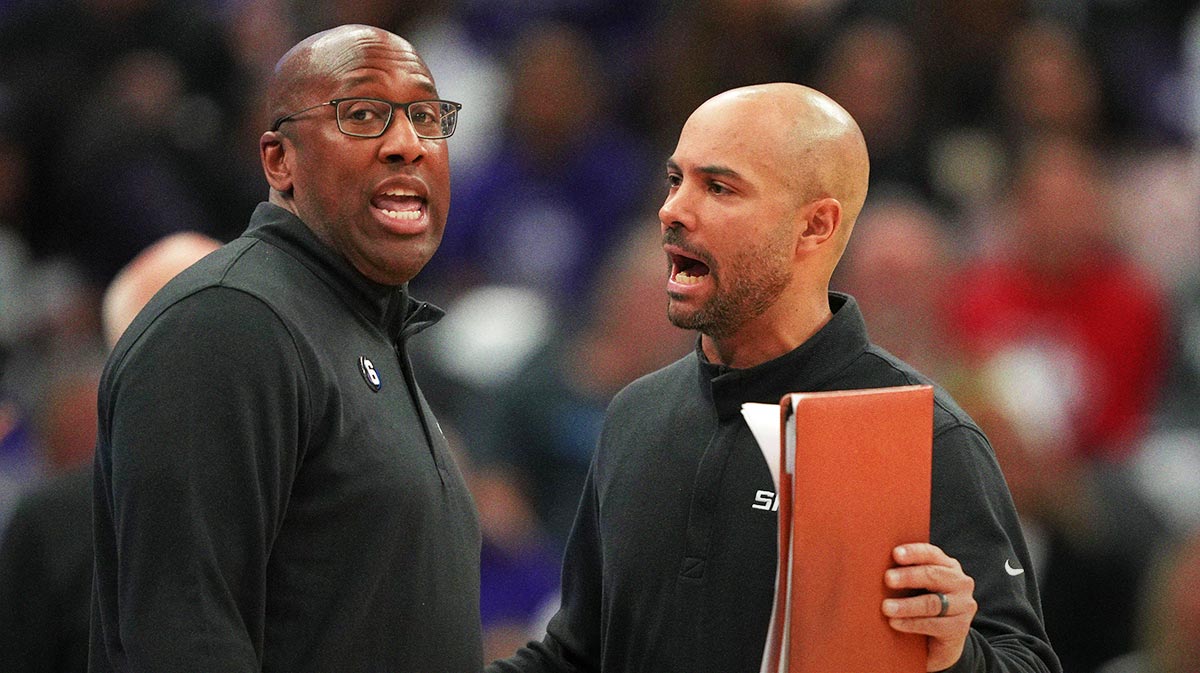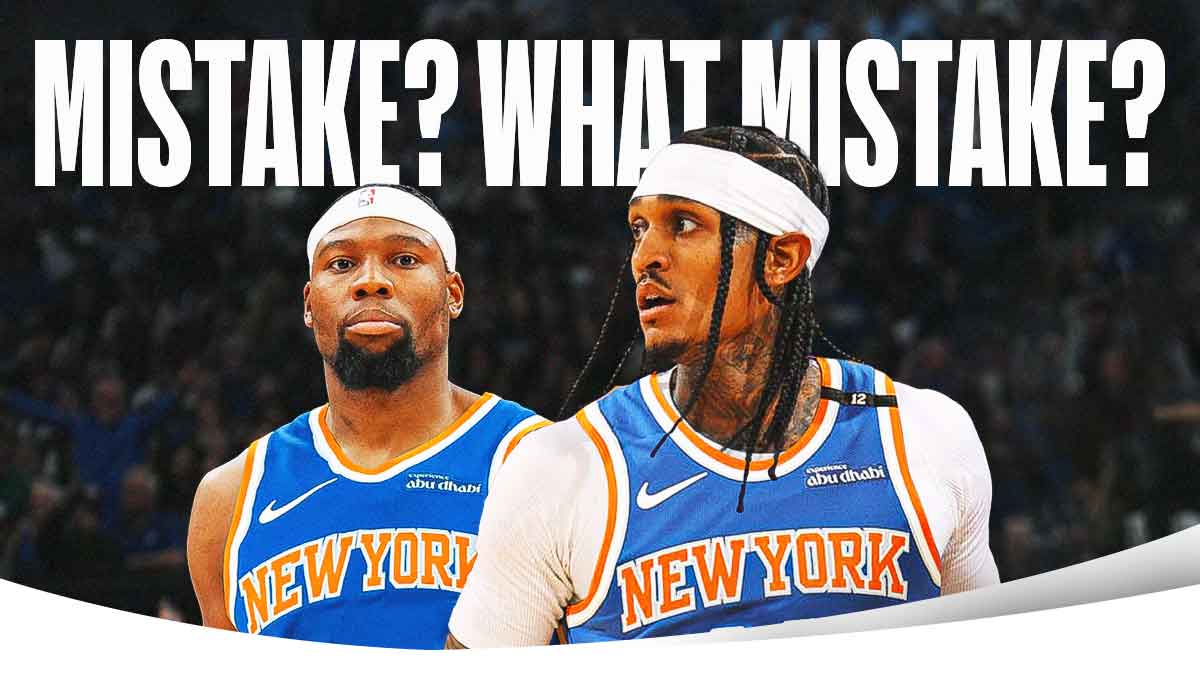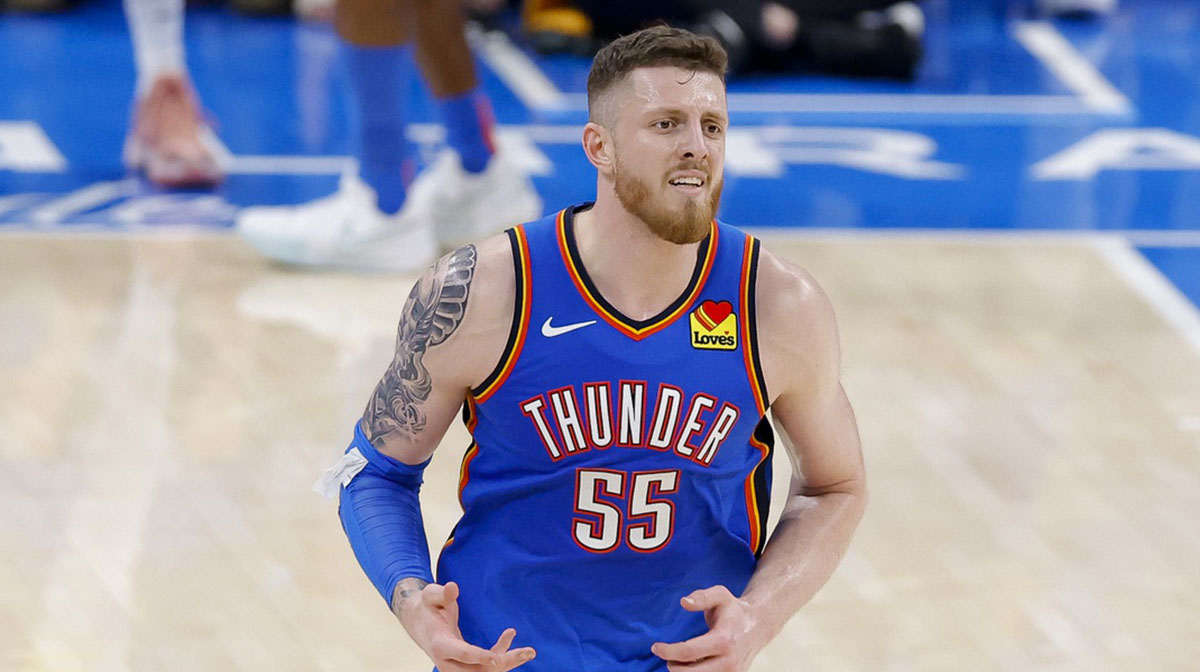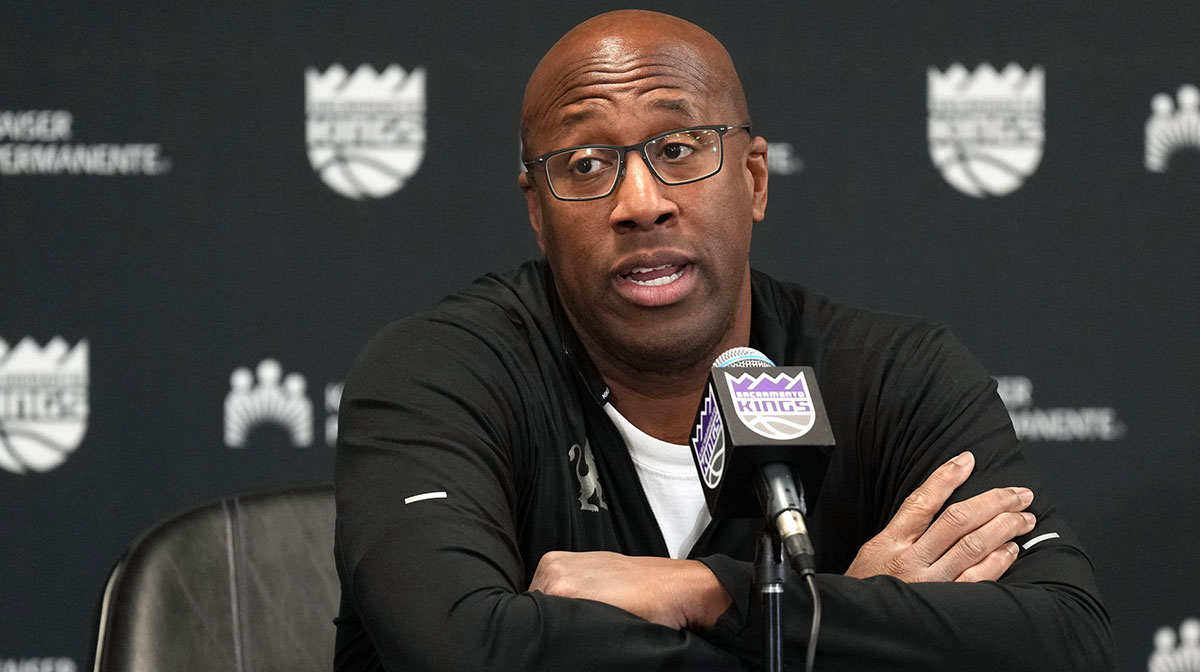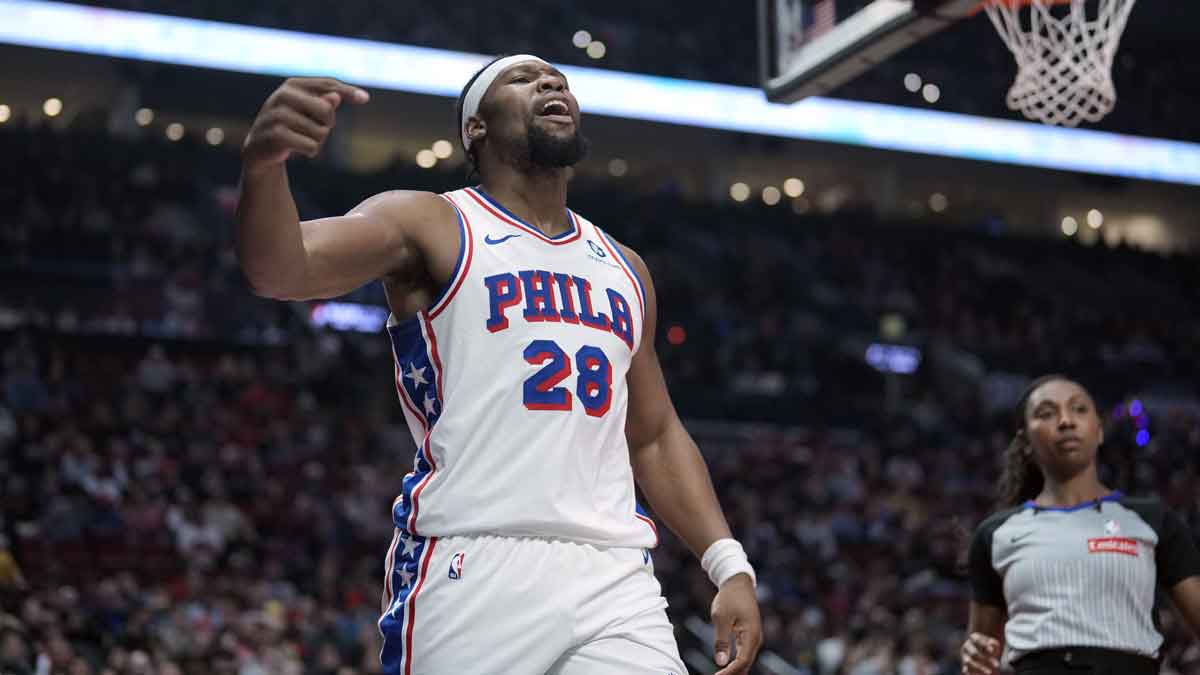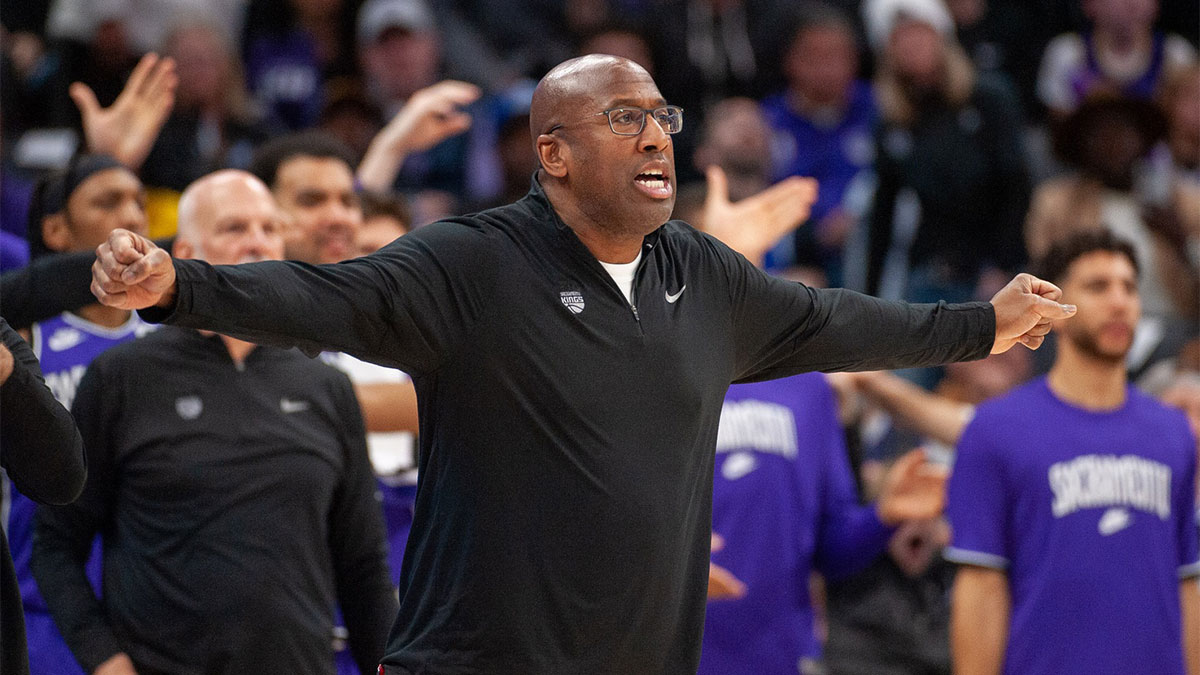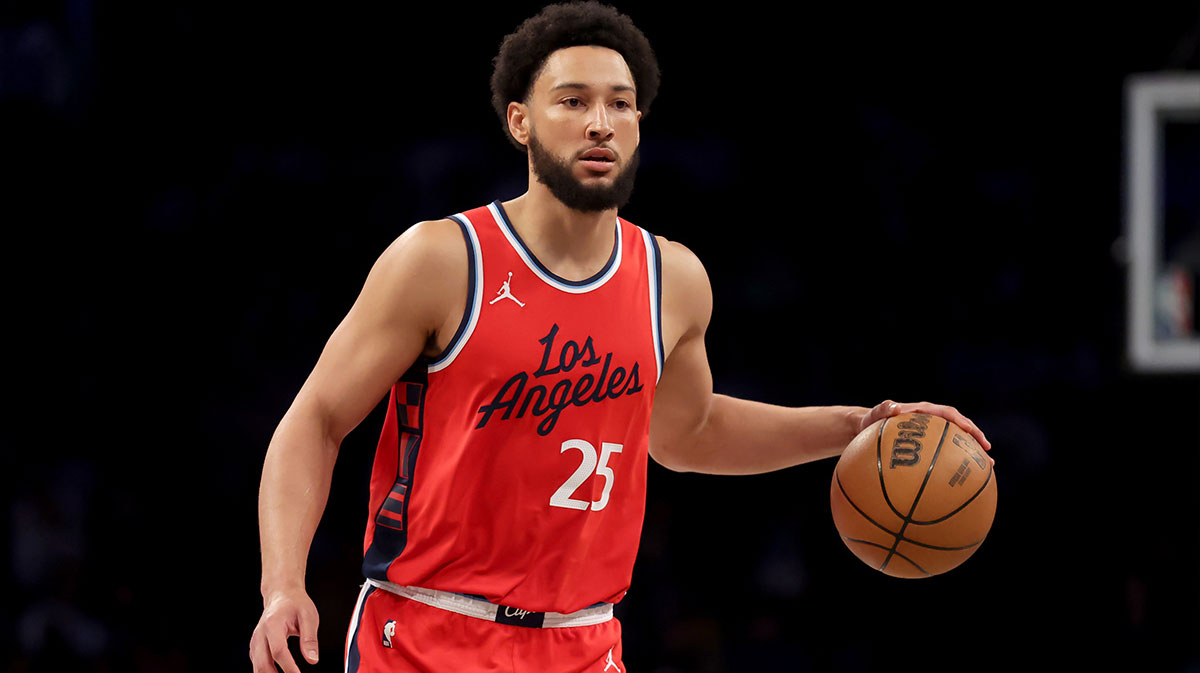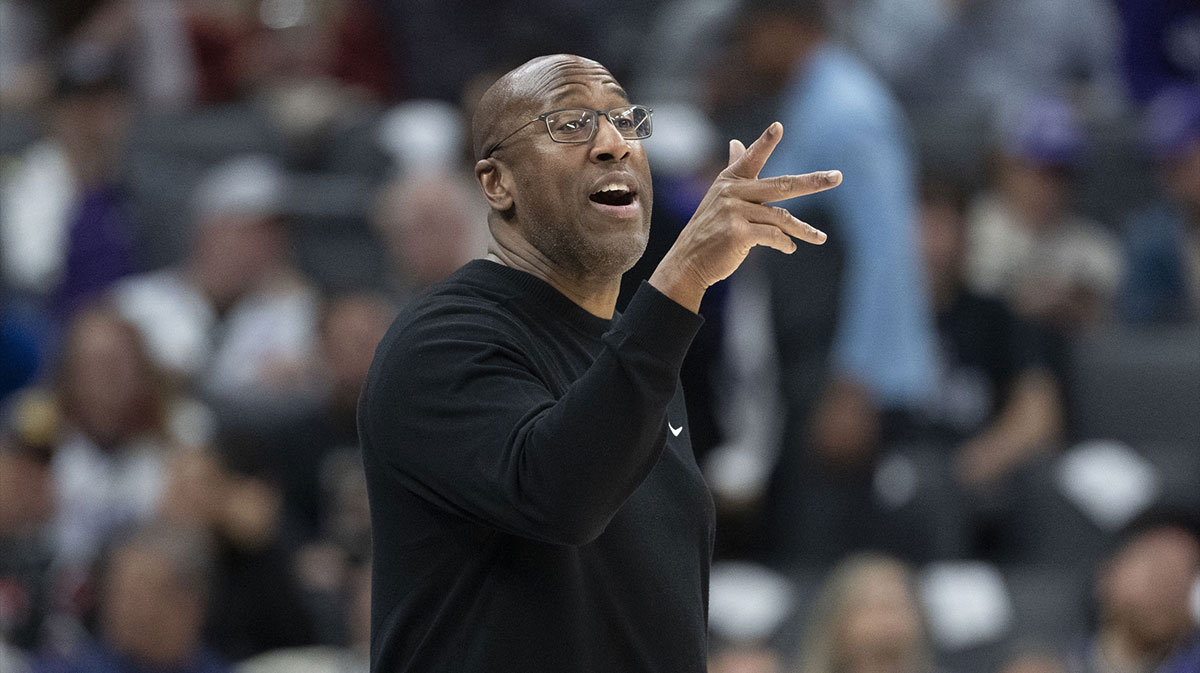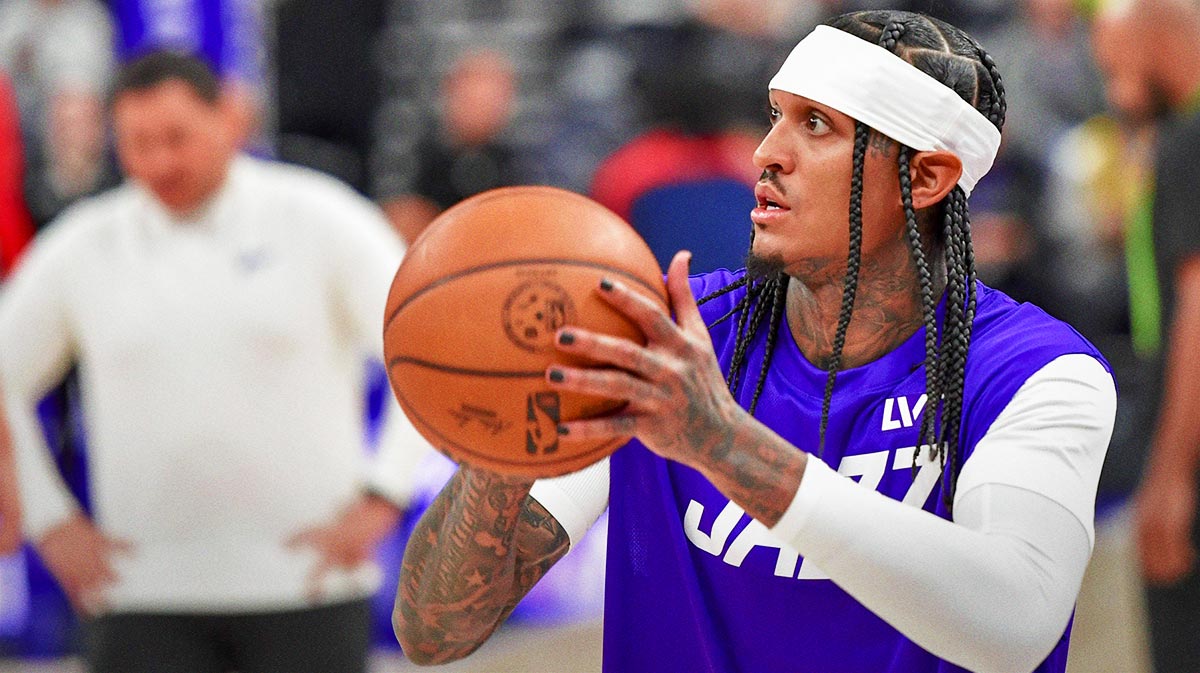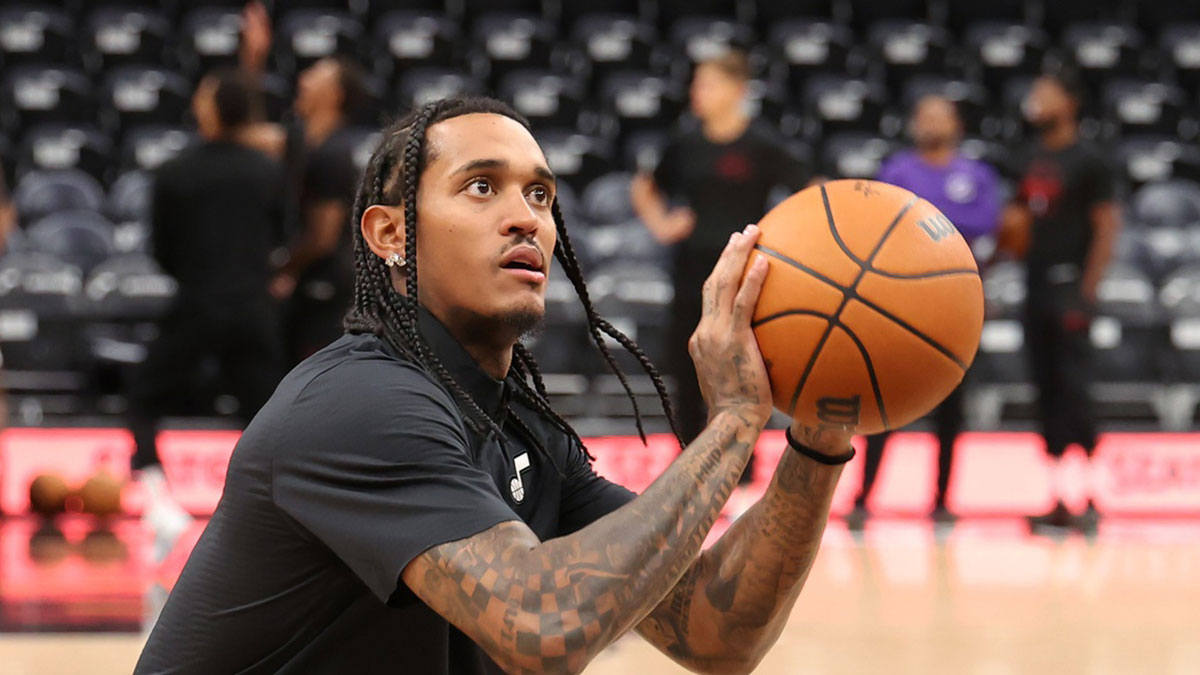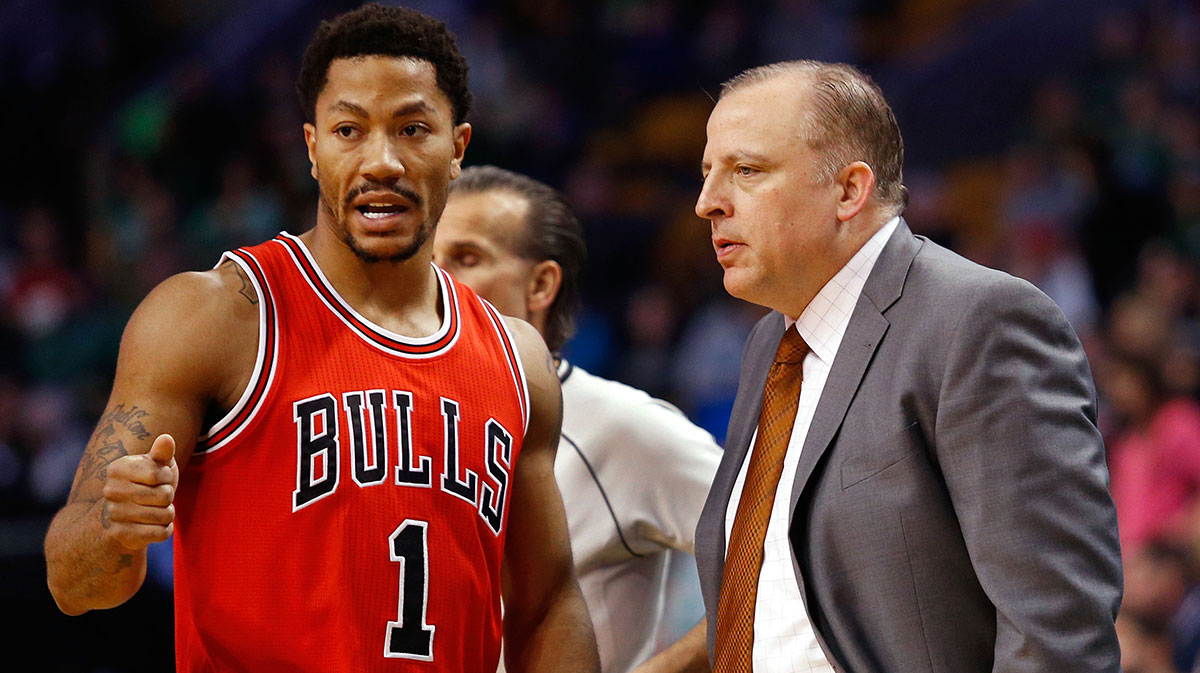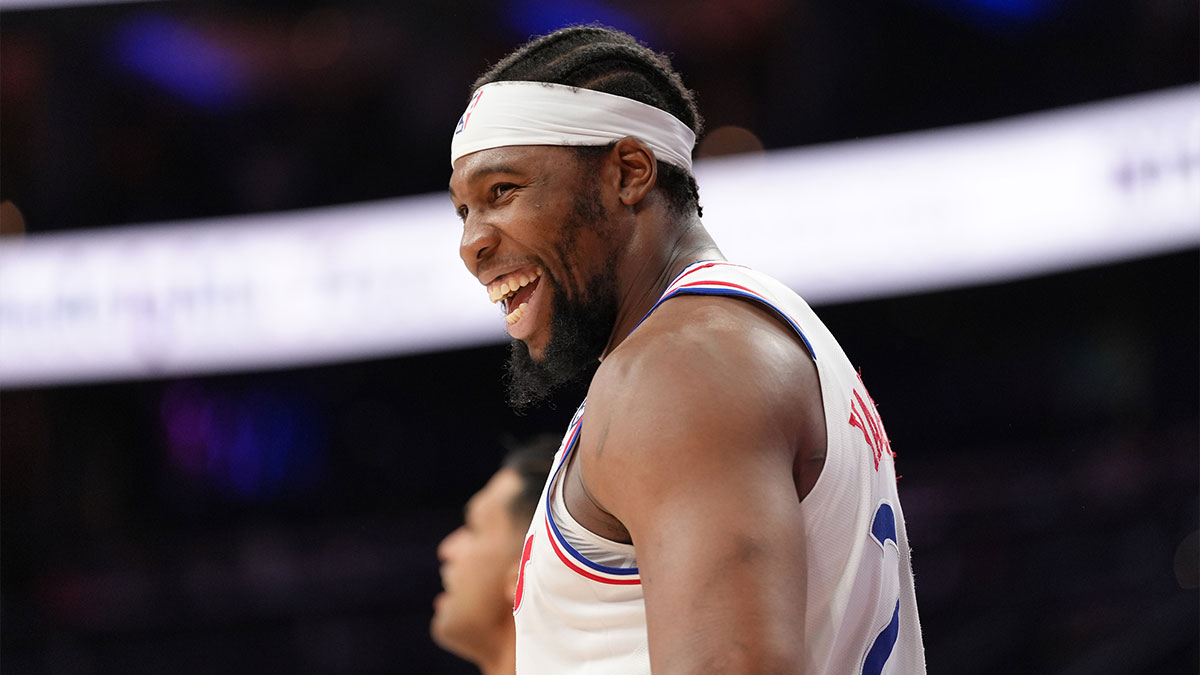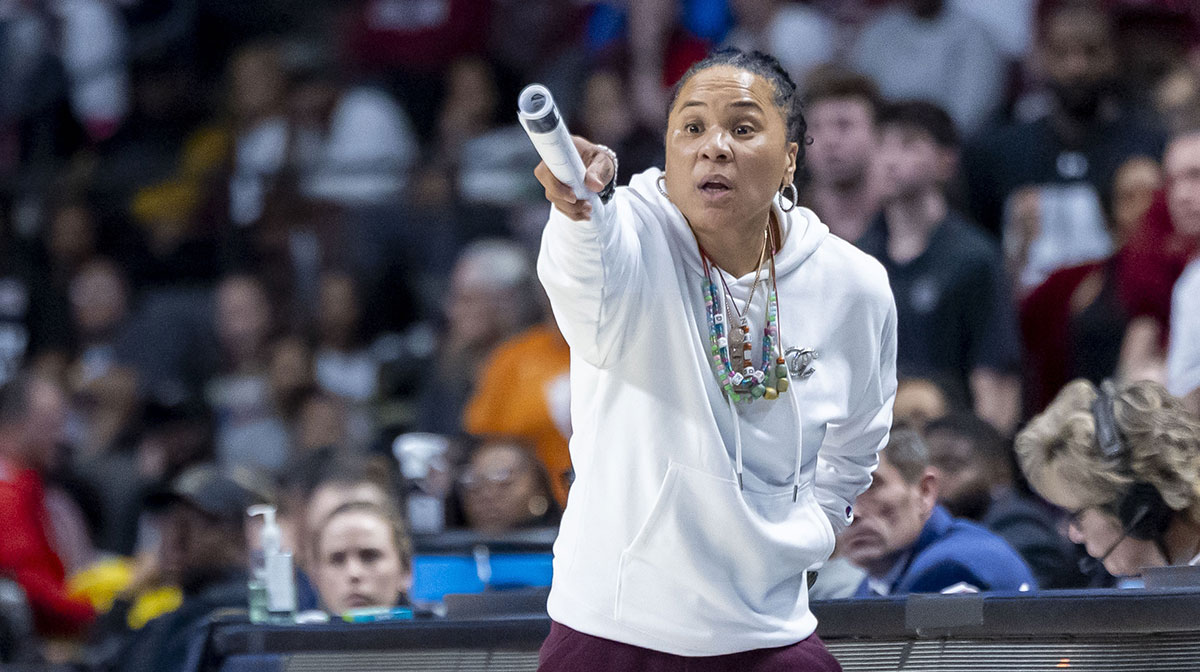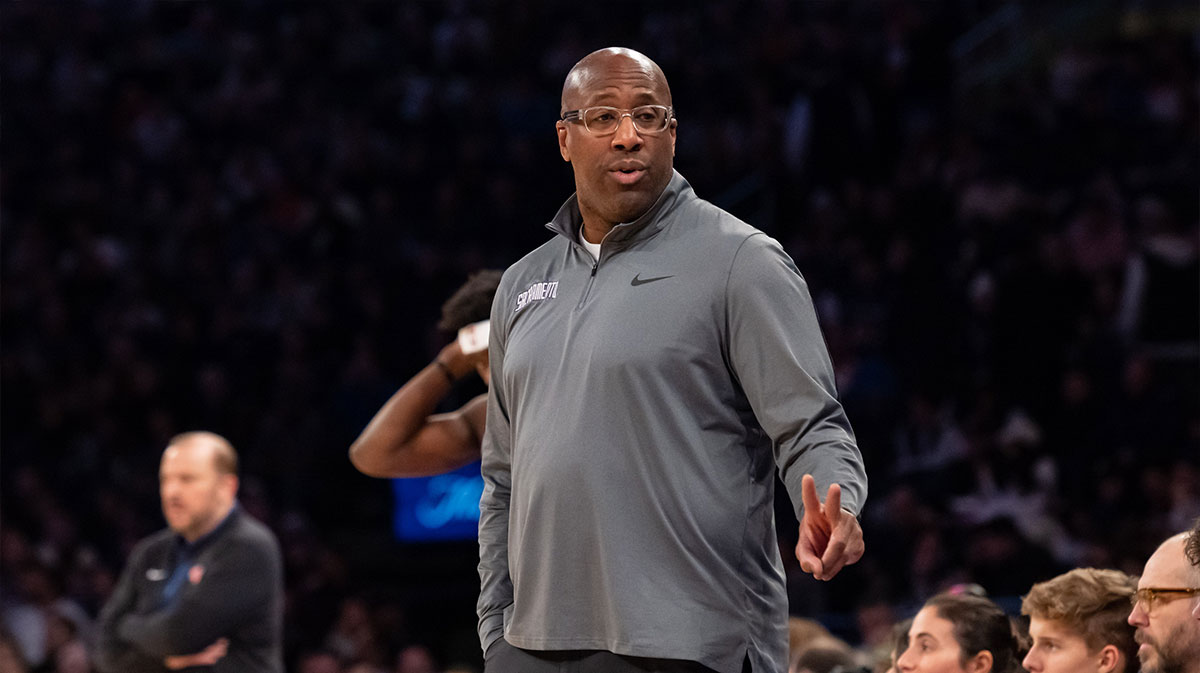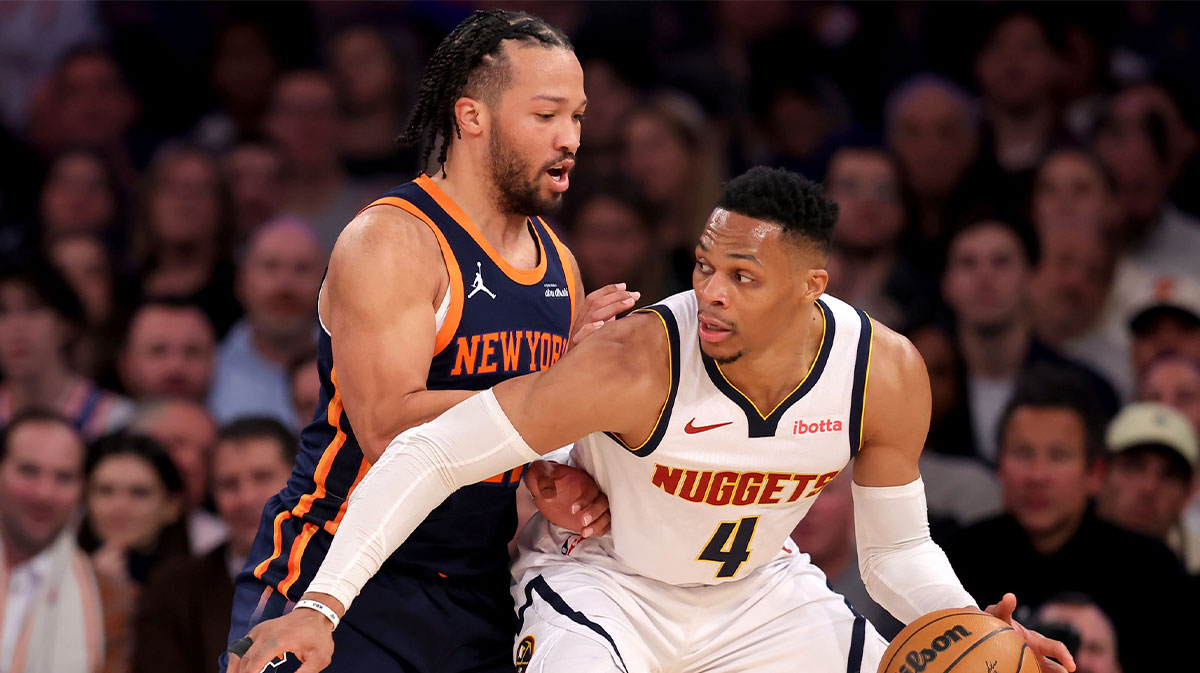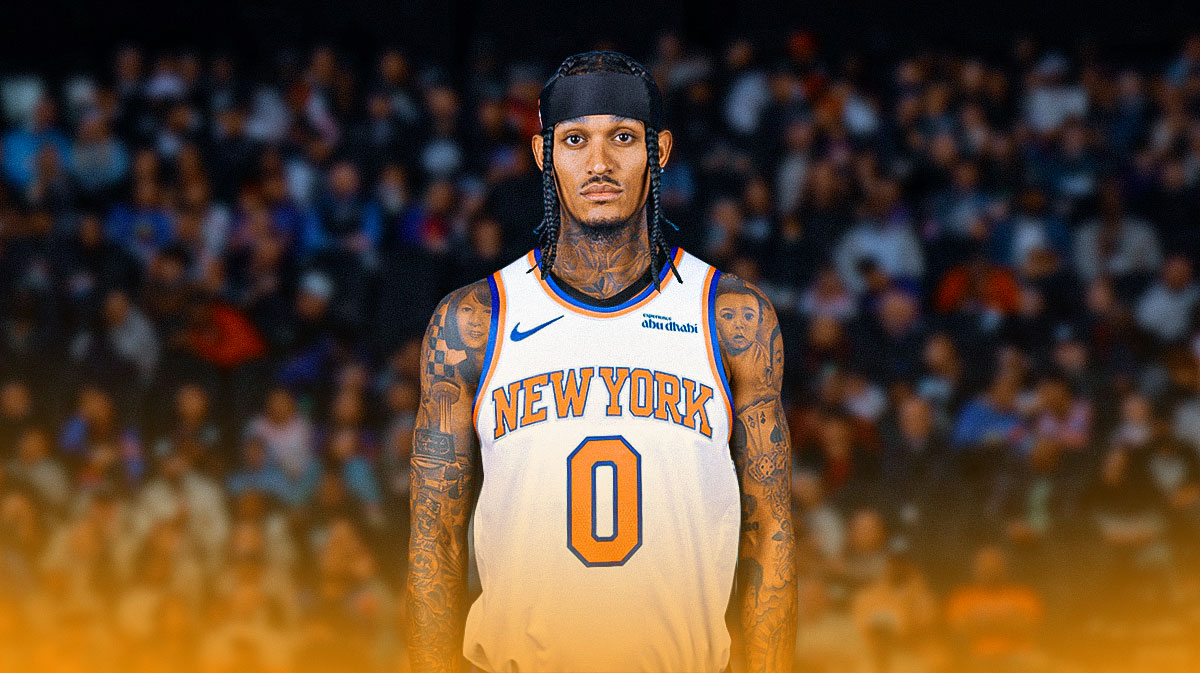So, it happened: the New York Knicks fired head coach David Fizdale. It was probably the least surprising coaching fire in quite some time, especially after team president Steve Mills and general manager Scott Perry held an impromptu press conference 10 games into the season to express displeasure with the Knicks' 2-8 start — and they proceeded to go 2-10 afterwards.
Naturally, the Knicks firing Fizdale after 104 games at the helm is eliciting criticism and humor. At the same time, there's no vindication in this matter; all parties are at fault.
Instability is on James Dolan
Interim head coach Mike Miller is the Knicks' 13th head coach since owner James Dolan assumed control of the team in 1999. That's the highest head coaching turnover in the NBA in that 20-year span, and when there's that much organizational filtering, the individuals who have been present throughout the duration of that timeline are at fault (Dolan).
In fairness, anytime something goes wrong with the Knicks, Dolan is excessively blamed. Whether it be an incident with a former player, a bad coaching hire, a hyped up free agency gone wrong, or someone getting a divorce with their counterpart, Dolan has people throwing pitchforks at him.
When people ask Dolan to step away, and he does as such (like Dolan did after he hired Phil Jackson to be the team's president) he gets ridiculed. When people ask him to step in, and he does as such (like firing Jackson), he gets ridiculed.
But a lot of it comes from his gaffes in years past.
Most recently, there was Dolan's infamous March appearance on “The Michael Kay Show,” where he expressed a great deal of confidence in how the Knicks, who projected to have upwards of $70 million in cap space, were going to fare in free agency.
Unless he envisioned Julius Randle and Marcus Morris being those big signings, the complete opposite transpired.
Steve Mills and Scott Perry continue to send mixed messages
Since the Knicks hired Perry as their general manager, he and Mills have continually preached that they want to develop a young core and build a winning culture. Going into this season they had one of the deepest young cores in the NBA. With rookie RJ Barrett, Dennis Smith Jr., and second-year players Mitchell Robinson, Kevin Knox, and Allonzo Trier in place, there were a handful of players who looked like they could grow into rotation fixtures.
After striking out on the big fish in free agency, the Knicks had $70 million they needed to allocate. They opted to spread that coin around on Randle, Morris, Taj Gibson, Wayne Ellington, Elfrid Payton, Bobby Portis, and Reggie Bullock. The bulk of the aforementioned free agent signings are starting-caliber players or ones who at least warrant consistent playing time.
So, um, how is a young core supposed to develop with players in their primes expecting — and getting — considerable playing time?
By the way, deliberately tanking isn't an enjoyable product for fans. It's a strategy that more fans have bought into over the years, but from a non-objective, fan perspective, what's compelling about a team continually getting blown out for the greater-good of having a better chance at winning the NBA lottery?
Fun fact: the team who finishes with the worst record in the NBA has a 14 percent chance of getting the number one pick in the NBA Draft. Wow, that's promising.
With all that said, Fizdale did himself no favors.
David Fizdale hindered the growth of the Knicks young core
From a talent standpoint, the Knicks have a roster that should be competitive and maybe even prying for a bottom seed in the Eastern Conference. Morris and Randle are proven scorers, and Morris is a tenacious defender; Barrett has been an aggressive scorer; Robinson is a rebounding, shot-blocking threat; they have players who can stick perimeter jump shots.
And they went 4-18 under Fizdale.
Fizdale's kryptonite was the way he held back the Knicks young core besides Barrett, who has started every game he has played this season, and third-year player Damyean Dotson. In an effort to accumulate wins, Fizdale mostly played his veterans.
Trier has appeared in just 11 contests and averaged 12.9 minutes per game; Robinson, who the Knicks supposedly deemed untouchable in trade talks with the New Orleans Pelicans for Anthony Davis in the offseason, has mostly been coming off the bench; Knox racked up a DNP in a November 29 matchup against the Philadelphia 76ers and has started just three games this season; Smith averaged 17.9 minutes per game under Fizdale.
The worst part of this is the fact that the Knicks lost 81.8 percent of their games. If they were around .500 or at least a little more competitive, the limited playing time given to the youth wouldn't be a big deal. Also, what distinctive quality does Fizdale have?
He's certainly qualified to be an NBA coach, but what unique attribute does he bring to the table? He's famous for a postgame rant and having great relationships with star players. Meanwhile, the Knicks have the worst record in the NBA since he took over and haven't attracted a mere star to Madison Square Garden.
At the end of the day, if you're a head coach whose team is continually getting blown off the floor and loses nearly every close game, your seat gets warmer and rightfully so, no matter the teams you're playing against.
The New York Knicks are a monstrosity
When you have an owner that can't do or say anything right, a president and general manager that mislead their fan base and go against their public plan, and a head coach that doesn't develop the team's youth, you're not going to win in the NBA.
Sure, maybe the Knicks should've given Fizdale more time, as he had a roster that likely wasn't constructed to make the playoffs. On the other hand, even though he may not have been the problem, the head coach wasn't the solution. Then again, neither is the brain trust of Mills and Perry. Or Dolan.
Case in point: the New York Knicks are a fire that can't be put out.

